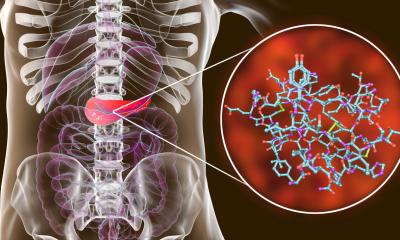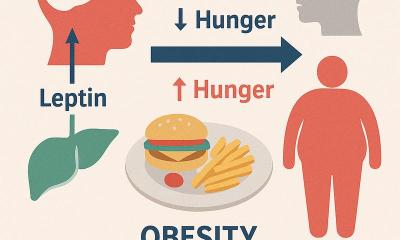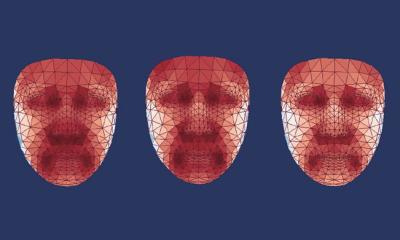World Diabetes Day
14 November
Born in 1891, Canadian Sir Frederick Banting was destined to become a medical scientist and Nobel Prize winner for work that led to the discovery of insulin. World Diabetes Day, held on his birthday, aims to sensitise the public - including potential patients - to this condition.
Worldwide, around 245 million people suffer Diabetes mellitus. With 5.3 million of them in Germany, the country's Diabetes Association estimates a further number of unknown cases to be around two million - patients in the early stages of the disease suffering from unspecific symptoms who are not yet aware of their problem. A questionnaire in the FINDRISK system listing eight risk factors can help doctors, nurses and patients to assess the risk of someone developing diabetes mellitus. This model, developed by Professor Jaakko Tuomilehto (Helsinki, Finland) and colleagues, was tested in a study involving over 4,400 patients and has been internationally recognised as reliable.
The risk factors, which have been assigned points on a graded scale, are:
- age
- family history of diabetes (including uncles, aunts and cousins)
- waistline (women >80cm, men >94cm; it has been medically proven that fat in the abdominal area has much more bearing on metabolism than in other parts of the body and hence poses a risk for diabetes
- lack of exercise (recommended minimum 30 minutes a day)
- wrong diet (daily consumption of fruit, vegetables and whole-meal bread is recommended)
- medication for high blood pressure (can abet the development of Diabetes mellitus
- a history of high blood sugar levels
- high BMI
Depending on the point score (from
7 = low risk to < 20 points = highest risk; lifestyle changes recommended from 7-11 points, preventive medical check-ups such as glucose tolerance test and lifestyle changes recommended from 12-14 points, blood sugar test and professional help recommended from 15-20 points, from < 20 points laboratory diagnostics to rule out an existing disease and medical control) the probability of developing Diabetes mellitus type 2 within the next ten years increases.
Diagnosis – the main problem
The main problem is establishing the diagnosis. According to a recent study by the Feinberg School of Medicine at North-Western University people showing several symptoms of depression are 60% more likely to develop type 2 diabetes than others. For the first time ever, the effects of chronic depression, which tend to worsen as time goes by, along with the effects of individual episodes of depression and their link with diabetes, have been examined. In both cases it was possible to show an increased risk (see also http://archinte.ama-assn.org for study details published in the Archives of Internal Medicine).
Unspecific symptoms such as abnormal fatigue, lack of drive, loss of appetite, loss of cognitive capacities, depressive moods, weight loss, problems with wound healing and recurring infections, along with falls (cause: hypo- or hyperglycaemic crises) can point towards latent diabetes mellitus. Doctors, nurses and diabetes advisers should be aware of the Findrisk check and carry these out, particularly for patients who complain about these symptoms, and rule out any other cause, then detect and treat diabetes mellitus at an early stage. This should impact positively on the course of the disease and prevent dramatic developments and the risk of follow-on diseases – and ensuing costs for those.
30.10.2007





